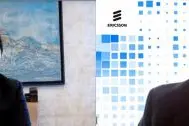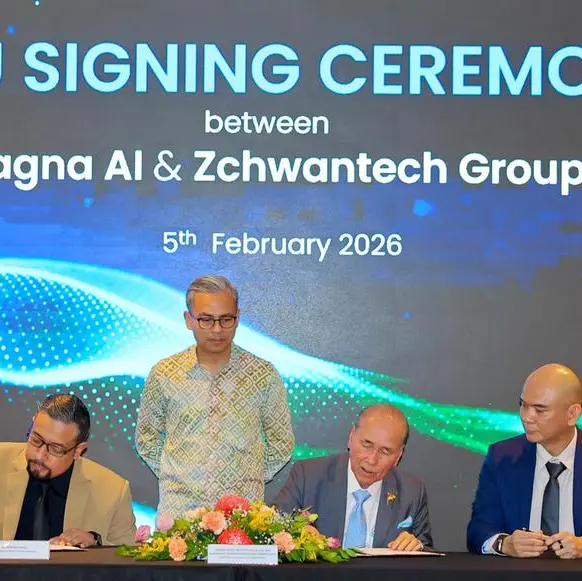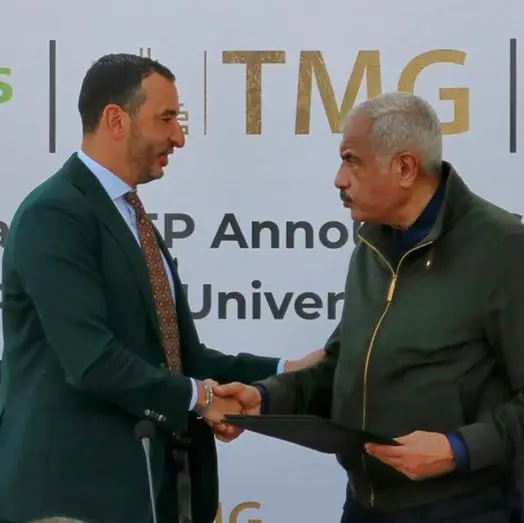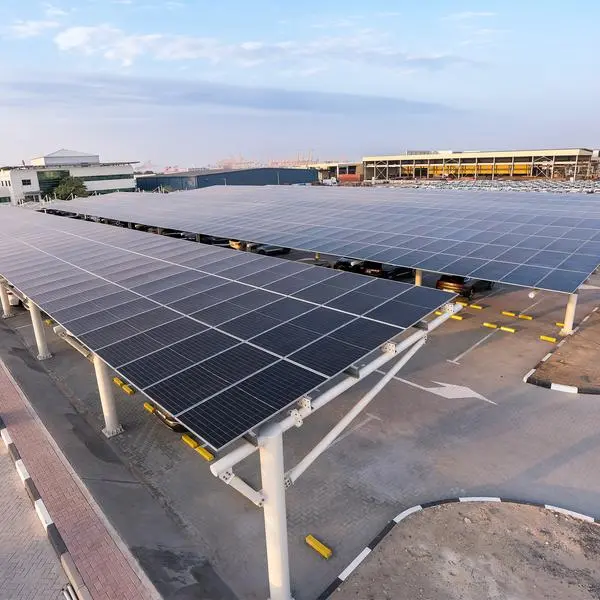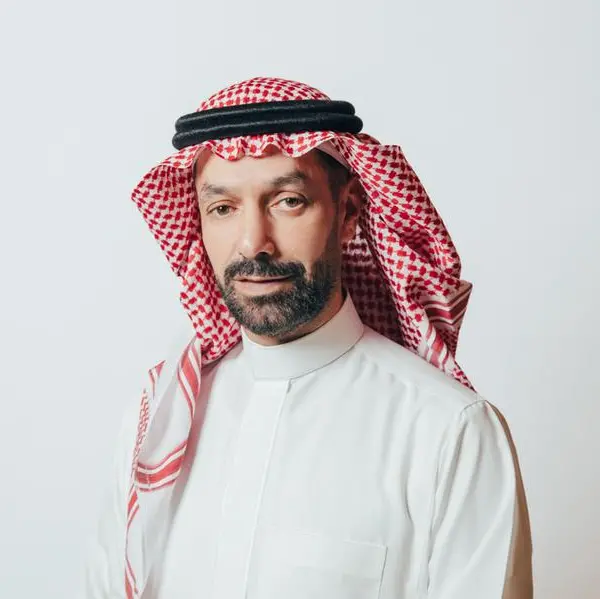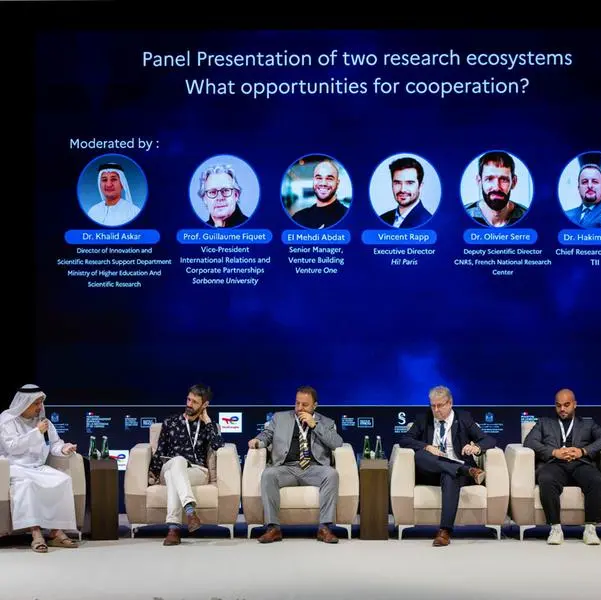PHOTO
Telecom Egypt makes its introduction to the Internet of Things (IoT)
Telecom Egypt has signed an agreement with Ericsson today for its international gateway migration using the latest technology that will contribute to improving the quality of its services and realize the company's aspirations towards developing the network and meeting its customers' future requirements.
Under this agreement, Ericsson will migrate Telecom Egypt’s international gateway by deploying Ericsson’s Network Functions Virtualization Infrastructure (NFVI) with Ericsson Orchestrator in order to enhance the quality of fixed and mobile services provided by Telecom Egypt, reduce the total cost of ownership (TCO), and automate Virtual Network Functions (VNFs) paving the way to new business models and enterprise services.
With the entry of Telecom Egypt into the world of Internet of Things (IoT), Ericsson will offer narrowband IoT-enabled software licenses. The project rollout is expected to start by the end of 2020 in the governorates of Cairo and Alexandria as the two main international hubs for Telecom Egypt.
Adel Hamed, Managing Director and CEO of Telecom Egypt, said: “The telecommunications market is witnessing rapid developments, and the requirements and aspirations of our customers are increasing. Therefore, we continue the development and modernization processes that ensure that our customers get the best possible telecommunications services. We are happy to sign this agreement with our partner Ericsson. Their extensive experience in the field of international gateways will undoubtedly contribute to supporting Telecom Egypt develop and enhance its services.”
Fadi Pharaon, President of Ericsson Middle East and Africa says: “We are delighted to have the opportunity to work alongside our valued partner Telecom Egypt in accelerating their digital transformation roadmap. We look forward to helping Telecom Egypt in optimizing their operations and automation capabilities. This partnership illustrates our technology leadership in the area of international gateways and we value Telecom Egypt’s confidence in our technology empowering us to operate its network, implement transformative measures, and drive sustainable growth. This encourages us as well to meet and exceed our shared ambitions together.”
The relationship between Ericsson and Telecom Egypt dates back to 1897 when the first telephone exchange was launched in Alexandria. The partnership has gone from strength to strength ever since, and Ericsson has been supplier of voice and data services to the company’s core network following its launch in 2017.
© Press Release 2020
Disclaimer: The contents of this press release was provided from an external third party provider. This website is not responsible for, and does not control, such external content. This content is provided on an “as is” and “as available” basis and has not been edited in any way. Neither this website nor our affiliates guarantee the accuracy of or endorse the views or opinions expressed in this press release.
The press release is provided for informational purposes only. The content does not provide tax, legal or investment advice or opinion regarding the suitability, value or profitability of any particular security, portfolio or investment strategy. Neither this website nor our affiliates shall be liable for any errors or inaccuracies in the content, or for any actions taken by you in reliance thereon. You expressly agree that your use of the information within this article is at your sole risk.
To the fullest extent permitted by applicable law, this website, its parent company, its subsidiaries, its affiliates and the respective shareholders, directors, officers, employees, agents, advertisers, content providers and licensors will not be liable (jointly or severally) to you for any direct, indirect, consequential, special, incidental, punitive or exemplary damages, including without limitation, lost profits, lost savings and lost revenues, whether in negligence, tort, contract or any other theory of liability, even if the parties have been advised of the possibility or could have foreseen any such damages.
